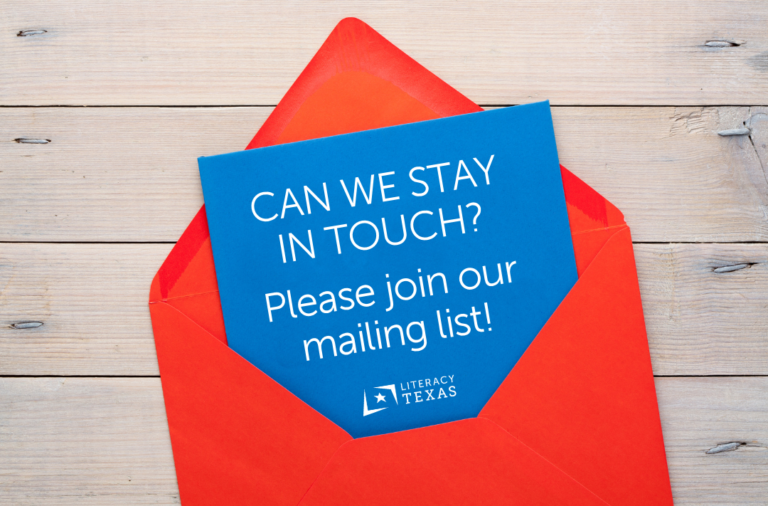About This Session
Description
The recipe for success of any literacy program is to tailor its services to the needs and tastes of the community it serves. Stone Soup, a reference to the classic children’s book in which three hungry soldiers returning home from battle outwit greedy villagers to provide both themselves and the village with a feast, will serve as a model to help attendees become chefs who will identify the necessary ingredients for a literacy program and the villager community partners–businesses, non-profits, churches, volunteers, government agencies, and grants–who bring those needed ingredients to the cooking pot.
Heidi Frazier, Library & Community Services Manager, with the Harrie P. Woodson Memorial Library in rural Caldwell, Texas will share how its staff built a model focused on community collaboration for developing new programming, including GED & ESL education, digital literacy classes, and citizenship tutoring with no allocated funds. This session will help attendee chefs to identify and leverage hidden resources available within their communities to implement innovative, collaborative, and cost-effective literacy services.
Attendee chefs will be given the opportunity to work in small groups to brainstorm suggestions to address these two areas: what are the ingredients (programs and services) of their literacy program and which villagers are best suited to meet those needs through macro and micro collaboration.
In addition to outlining specific classes, such as GED & ESL education and health or financial literacy, chefs will be encouraged to identify impediments that brew up trouble to successful literacy programs including childcare and transportation, and how to recognize the best villagers to overcome those obstacles. At the session’s end, chefs will have created their unique recipe for stone soup. Everyone’s stone soup recipe will be different but all who come to the table will be served!
What we'll cover:
Over the past decades, the need for libraries has lessened as most people have a library in their pocket, the cell phone. Subsequently, libraries are reinventing themselves, as community centers with books. The current trend in libraries is to offer programs that often have little to do with literacy, e.g. yoga, cookie-stacking contests for kids and the circulation of a “library of things,” from cake pans to kayaks!
Our library offers another way to serve its community through adult basic education services. The American Library Association recently published an article announcing an initiative of Libraries as Literacy Centers. The marriage of public libraries and literacy is the perfect union.
Four years ago, our literacy program began with one student and one teacher. That grew into a mentorship program where reading, math, and citizenship were taught one-on-one with volunteer tutors. We now offer GED and ESL classes through a partnership with Region 6. In addition, volunteers teach an ESL class, Spanish class, and lead weekly English conversation circles. We teach digital literacy classes for seniors, led by library staff. We created a mentorship class for young men who are working on their GED. They read novels together and discuss life skills.
The more needs we identify, the greater our expansion. We have received grants for books, computers, literacy conference fees, and mobile bookcases to increase our classroom space, specifically to accommodate disconnected youth, in our GED classes. We were given a substantial financial gift, enabling us to hire a part-time Adult Basic Education Coordinator. We have received donations of school supplies and food to serve the students who were leaving class early because after working all day, they were hungry. We partnered with a local agency in a neighboring city to provide off-site attendance as we are the only literacy program in Burleson County. In addition, we have been able to tackle and provide solutions for childcare and transportation in some cases.
As a presenter, I would like to share specifically what we have grown over the past few years with attendees and then offer them the opportunity to discuss and identify what literacy needs are most wanting in their communities: GED, ESL, digital, financial, workforce, health, etc. I intend to break the attendees into groups, encouraging them to work together to identify their communities’ specific literacy needs as well as to identify how those needs can be met and to ask themselves what agency, nonprofit, business, church, volunteer, etc. can they partner with to offer the classes, programs, and services that are needed. (We have engaged all these community partners to meet the needs of our students.)
This session will certainly speak to the needs of literacy in libraries but the model of how to build and grow a literacy program would carry over to any organization wishing to establish adult basic education services.
Topics & Focus
Primary Topic Area

Session will also cover:


Assigned by TCALL
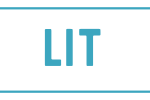
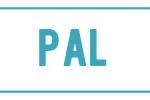
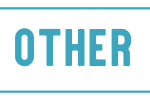
Handouts & Materials
Presenter
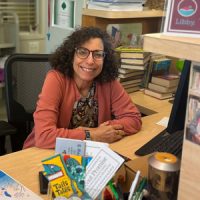
Heidi Frazier
Library & Community Services Manager
Harrie P. Woodson Memorial Library
Visit OrgName in the conference Exhibitor Area!
Audience
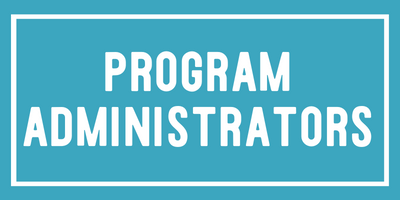
Level
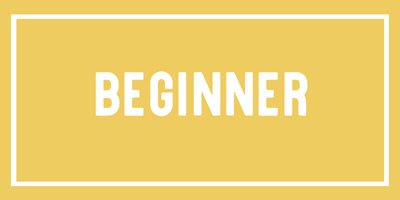
Case study?
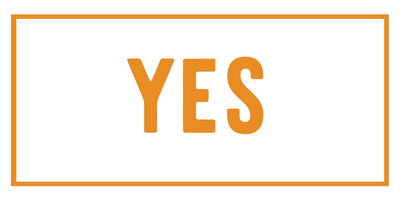
Promotion?
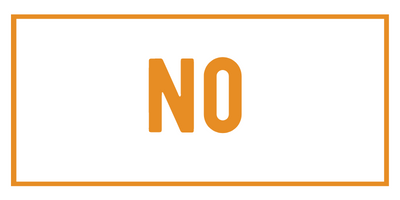
Other info:
No other info available at this time.
Breakout25 – FRAZIER
Page checked or updated: 7/30/2025
Get Texas literacy updates
Join our mailing list so you don’t miss any news:
- Local and national literacy news
- Conference updates
- Regional symposia
- Best of Texas
- Advocacy
- …more!

